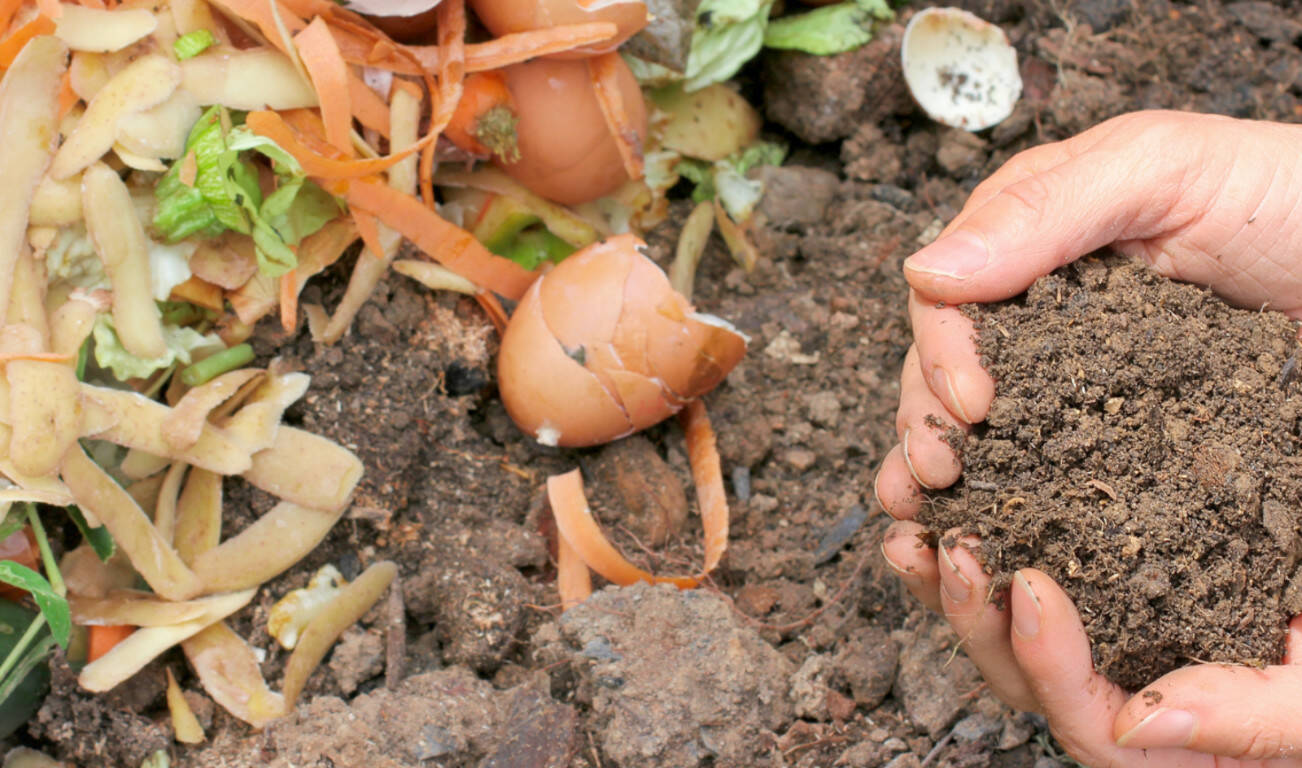By The Herald Editorial Board
A new state law intends to limit the food waste and organic material going into landfills, and at the same time encourage more use of food for the purpose intended: fueling our bodies.
A recent survey of what state residents send into landfills found that nearly one-fourth — 23 percent — is food waste and other organic material, more than plastic (13 percent) and metal (7.5 percent) combined. Nationwide, that figure is as high as 40 percent and represents some $200 billion a year going to waste in landfills.
Meanwhile, more than 638,000 Washington residents face food insecurity, according to figures from Feeding America, which is about 8.5 percent of the population. Nationwide, more than 38 million are considered food insecure — nearly 12 percent of the population.
The state’s Organics Management Law aims to reduce food waste to landfills by 20 percent by 2025, and all organic material by 75 percent by 2030, diverting more to composting.
An example of the waste that occurs: Studies have shown milk retains its freshness for at least 28 days, yet laws on milk vary widely by state. Where Washington state sets a “sell by” pull-date for milk, dairy products and eggs of 30 days, Montana sets the sell-by date at just 12 days, requiring grocers to dump relatively fresh milk and forbidding them from donating it to food banks or other nutrition programs.
One aspect of the new law is the Good Samaritan Food Donation Law, which is meant to make donations easier for businesses, such as stores and restaurants, by releasing them from liability. The law preserves a tax donation by allowing for the discounted sale of prepared or packaged food to food donation distributors.
Joining the state law is a recently signed federal law, the Food Donation Improvement Act, which also eases liability rules for private food donors with certain safety checks in place. But more legislation seeks passage in Congress, including the Food Date Labeling Act, which would standardize laws on expiration dates; and the Zero Food Waste Act.
The Zero Food Waste Act would encourage state and local policies to restrict food from landfills, as Washington’s law does, and would fund infrastructure for food donations to nonprofit hunger programs with storage and distribution networks.
But state and federal efforts can’t always match what consumers can already do. A lot of the food waste we now generate can still be consumed or donated to food banks, or they can be composted when spoiled, rather than sent to landfills.
And, as helpful as it is to donate canned goods and packaged foods to food banks, it’s best to donate money so those organizations can buy more perishable food when it’s most needed, helping them avoid wasting food themselves.
This editorial was produced by The Daily Herald (Everett) Editorial Board. The Herald is a sister newspaper of the Snoqualmie Valley Record.


